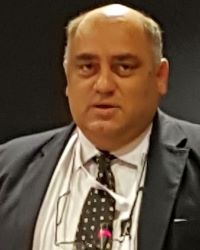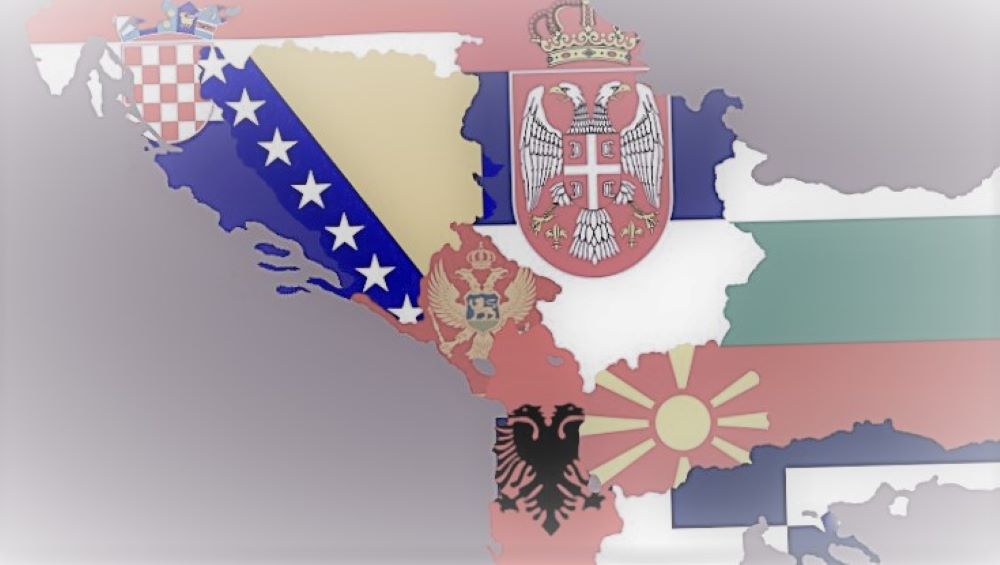The transition from national or local to universal history, as a synthesis of all human events and periods in the Balkans and beyond, should be one of the strategic priorities of Balkan historiographies.

Rubin Zemon
The process of creating nations in Europe, as social and political phenomena, is unthinkable without the development of philosophical sciences, and the so-called science of antiquity (Altertumswissenschaft). It is striking that some of the key leaders in the field of linguistics and history, such as Humboldt, Niebuhr and others, played an active role both in science and as important politicians on the national stage. At the heart of the science of antiquity was the representation of the divine Greeks, artists and philosophers. The Greeks had to, like the idealized representation of the Germans themselves, integrate with their native soil and be pure. Thus, the so-called the ancient model of studying historiography, with the implicit consequences of the mixing of races and languages, was less and less able to survive, so it was replaced by the so-called Arian model, as Martin Bernal calls it in his epochal book ‘Black Athena’. With the outbreak of the Greek War of Independence in 1820, Western Europe was flooded with national romanticism and philhellenism.
The famous British sociologist Anthony Giddens, in his short but influential book ‘Runaway World’, says that we live in the time of globalization; phenomena and processes in the world move and change so quickly that the control of our life escapes us – that is – we live in a world that escapes us. Our era has developed under the influence of science, technology and rational thought, which originated in Europe in the 17th and 18th centuries. Enlightenment philosophers acted on a simple but powerful guideline: ‘The more we can rationally understand the World and ourselves, the more we can shape history to our own ends.’
In such a context, historiography and history freed from the so-called Aryan model, with an approach to the development of a multicultural society and inter-cultural tolerance and communication, should have a very important role in the establishment and development of ‘eternal peace’ in the Balkans. Of course, the consolidation of the historical narrative and terminology, translated into a ‘consensual politically correct model’ for all groups and identities in the Balkans, is one of the most important missions of all Balkan states, but also more widely, in neighboring countries and in Europe. The transition from national or local to universal history, as a synthesis of all human events and periods in the Balkans and beyond, should be one of the strategic priorities of Balkan historiographies. The harmonization of the politically correct historical narrative and terminology towards national and other minorities and vulnerable categories in every political society in the Balkans is one of the pillars towards achieving the goal of universal history. At the same time, open democratic debates about cultural differences in society, about the recognition of the diversity of society and the different identities, should be made possible for the citizens and they should clarify which traditions and collective memories they want to cherish, which ones they want to break up with, what kind of relationship they want to have towards their history, between themselves, towards the diverse society and how to proceed.
The conscious subjective forces of the Balkan peoples are faced with another challenge: to consider, calmly and in the spirit of tolerance and peace, whether to give priority to the nation as an imagined community and to nationalism, which in the Balkans is easily transformed into national chauvinism, or to the humanistic approach and love for one’s region, connection to the land in which man is born, grows, develops, dies and is buried, a region accepted with real diversity, without myths of ethnic or national homogeneity and superiority, or with the illusions ‘of the chosen people’ or ‘the super man’. It is a significant assumption and challenge for all Balkan historiographies, historians, academic workers and politicians.
Rubin Zemon, Director of the Center for Advanced Research



Leave A Comment